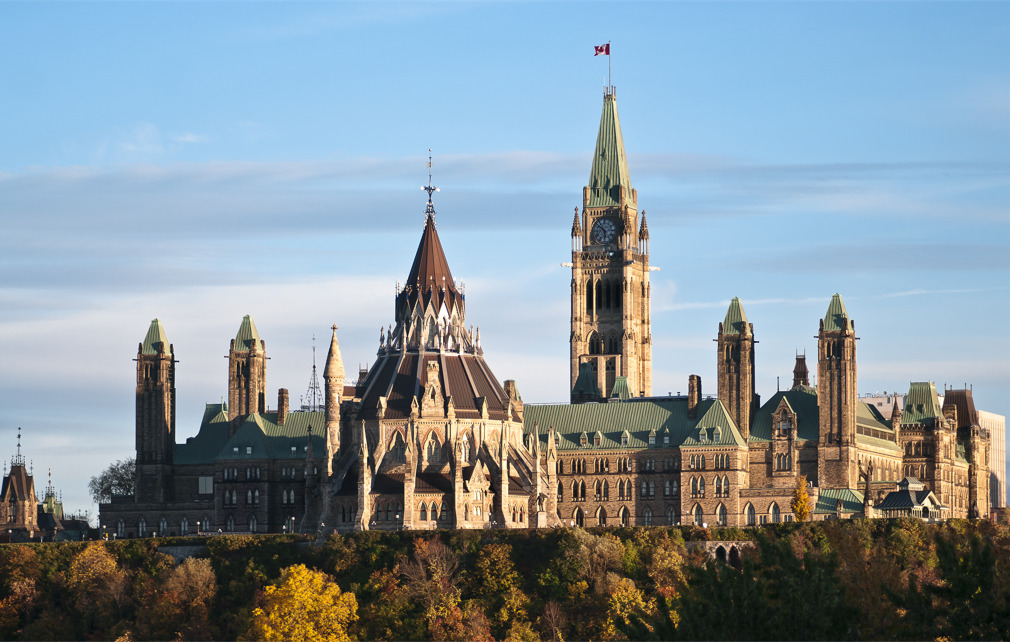Today’s stunning confidence and supply agreement between the Liberals and the NDP may ensure the passage of the next four federal budgets in exchange for action on several key NDP priorities. As a result, absent any major changes of heart on the part of Justin Trudeau or Jagmeet Singh, Canada may avoid a federal election until 2025.
Counsel’s multi-partisan team is well positioned to help you navigate this agreement, which will change the post-pandemic policy focus of the government and the functioning of Parliament.
We have included the seven policy planks of the agreement below for your reference, but also want to draw your attention to the major implications of this deal and how it will change the dynamics of Canadian politics and governance.
Analysis
The details of Liberal-NDP policy agreement have yet to be worked out and will require regular engagement with both parties by interested stakeholders. The Supply and Confidence Agreement will be overseen via regular meetings between the Liberal and NDP Leaders, House Leaders, Whips and an oversight group made up of staff and MPs. The NDP will now have access to regular government briefings. While there is high-level consensus on main policy planks of the agreement, there is considerable work that needs to be done on the details. Engaging both the Liberals and the NDP on these policies will be essential.
This is a huge achievement for NDP Leader Jagmeet Singh and boosts the NDPs power in Parliament. While past NDP leaders have secured movement on key policy areas throughout history, no federal NDP leader has secured such a comprehensive list of reforms that will have an impact on millions of Canadians. This will give Singh and the NDP a ‘record’ to run on in the next election.
The conditions are more favorable today for the passage of legislation. Extending the life of this Parliament gives the government more runway to pass legislation. While the Liberals and NDP can still disagree on non-confidence matters including most legislation, the NDP have pledged not to obstruct committees and to support fast-tracking priority bills. However, the agreement has attracted harsh criticism from the opposition Conservatives and Bloc Quebecois, which means the likelihood of either party supporting government legislation is now diminished. As a result, the Liberals will be more reliant than before on NDP support for legislation – increasing their need to collaborate.
This agreement will add fuel to the fire of the Conservative leadership race. Canadians who oppose Liberal and NDP policies will have an added incentive to take out a Conservative membership to vote for the next Conservative leader.
This agreement sidelines the Bloc Quebecois as its balance of power is no longer required to keep Parliament working. Their relevance in Ottawa has been drastically reduced.
Liberal leadership speculation will ramp up considerably. While Justin Trudeau insists he plans to contest the next election, if his numbers dip in the polls and he decides to leave politics, it gives the Liberal party more time to conduct a leadership race, which is a risky move when leading a minority government that could be defeated.
All of the main parties will enter the next election with stronger fundraising numbers. A contributing factor to the NDP’s calculus may be their need to raise funds for the next election, after spending the maximum in the last campaign. They now have more time and a stronger platform to fill their coffers. The Liberals will benefit as they advance more key priorities, but Conservative funding should also perform well if public opposition to the agreement mounts.
Policy
This agreement shifts the government’s focus in some new directions that will shape the policy agenda for the next three years. There are 7 policy areas covered by this agreement:
Healthcare
- Launching a new dental care program for low-income Canadians. The program would start with under 12-year-olds in 2022, then expand to under 18-year-olds, seniors, and persons living with a disability in 2023, then full implementation by 2025. The program would be restricted to families with an income of less than $90,000 annually, with no co-pays for anyone under $70,000 annually in income.
- Continuing progress towards a universal national pharmacare program by passing a Canada Pharmacare Act by the end of 2023 and then tasking the National Drug Agency to develop a national formulary of essential medicines and bulk purchasing plan by the end of the agreement.
- Recognizing that health systems have been stretched because of COVID, the parties realize that additional ongoing investments will be needed in the immediate future to address these pressures. Ottawa will work with the provinces and territories to determine how together we can deliver better health outcomes for Canadians, including more primary care doctors and nurses, mental health support, aging at home, and better data.
- Tabling a Safe Long-Term Care Act to ensure that seniors are guaranteed quality care across Canada.
Affordability
- Extending the Rapid Housing Initiative for an additional year.
- Re-focusing the Rental Construction Financing Initiative on affordable units (under 80% AMR) and use 80% AMR or below as definition of affordable housing.
- Moving forward on launching a Housing Accelerator Fund.
- Implementing a Homebuyer’s Bill of Rights and tackling the financialization of the housing market by the end of 2023.
- Including a $500 one-time top-up to Canada Housing Benefit in 2022, which would be renewed in coming years if cost of living challenges remain.
- Through introducing an Early Learning and Child Care Act by the end of 2022, ensuring that childcare agreements have long-term protected funding that prioritizes non-profit and public spaces, to deliver high quality, affordable child care opportunities for families.
Climate Change
- Advancing measures to achieve significant emissions reductions by 2030 compared to 2005 levels. Continuing to identify ways to further accelerate the trajectory to achieve net-zero emissions no later than 2050.
- Moving forward in 2022 on the creation of the Clean Jobs Training Centre to support workers retention, redeployment, and training.
- Moving forward with Just Transition legislation, guided by the feedback received from workers, unions, Indigenous peoples, communities, and provinces and territories.
- Developing a plan to phase-out public financing of the fossil fuel sector, including from Crown corporations, including early moves in 2022.
- Moving forward in 2022 on home energy efficiency programs that both enhance energy affordability for Canadians and reduce emissions, with investments to support multiple streams including low-income and multi-unit residential apartments. Furthermore, ensuring that this funding includes support for creating Canadian supply chains for this work to ensure the jobs stay in Canada and that skills are honed to export these valuable energy efficiency products around the world.
Improvements for Workers
- Ensuring that 10 days of paid sick leave for all federally-regulated workers start as soon as possible in 2022.
- Introducing legislation by the end of 2023 to prohibit the use of replacement workers, “scabs,” when a union employer in a federally-regulated industry has locked out employees or is in a strike.
Reconciliation
- Making a significant additional investment in Indigenous housing in 2022. It will be up to First Nations, Inuit and Métis communities to determine how housing investments are designed and delivered.
- Accelerating the implementation of the Federal Pathway to Address Missing and Murdered Indigenous Women, Girls and 2SLGBTQQIA+ People with Indigenous partners.
- Creating a standing Federal-Provincial-Territorial table on Missing and Murdered Indigenous Women, Girls and 2SLGBTQQIA+ People to facilitate and coordinate this work.
- Providing the necessary supports for First Nations, Inuit and Métis communities who wish to continue to undertake the work of burial searches at the former sites of residential schools.
Taxes
- Moving forward in the near term on tax changes on financial institutions who have made strong profits during the pandemic.
- Implementing a publicly accessible beneficial ownership registry by the end of 2023.
Democracy
- Recognizing shared commitment to maintaining the health of our democracy and the need to remove barriers to voting and participation, work with Elections Canada to explore ways to expand the ability for people to vote, such as:
- An expanded “Election Day” of three days of voting.
- Allowing people to vote at any polling place within their Electoral District.
- Improving the process of mail-in ballots to ensure that voters who choose this method of voting are not disenfranchised.
- Commit to ensuring that Quebec’s number of seats in the House of Commons remains constant.
In the shifting landscape of federal politics, Counsel’s multi-partisan team has you covered. If you require government relations support, please do not hesitate to contact us.



